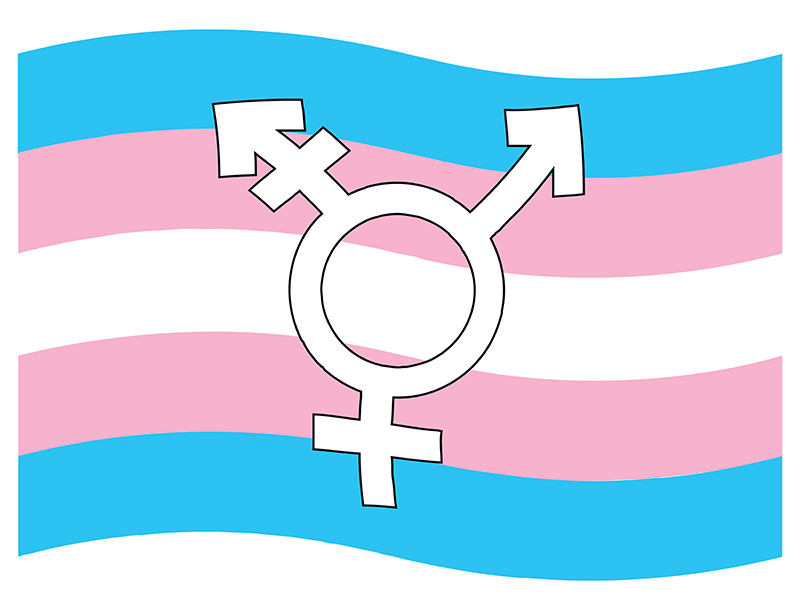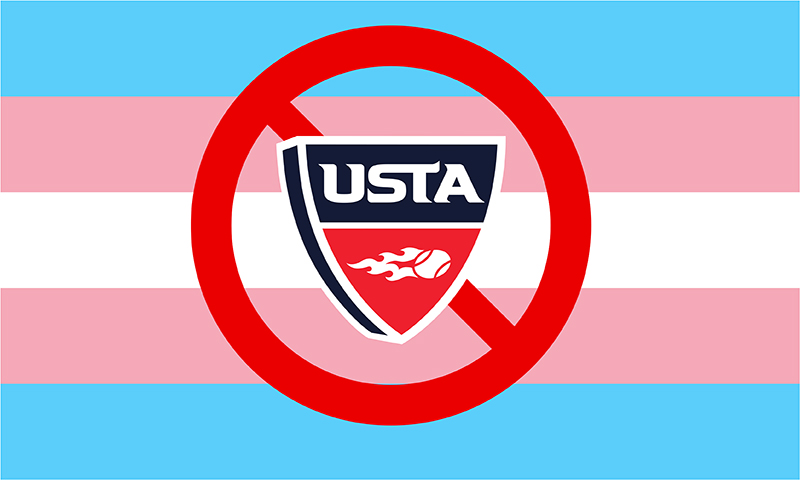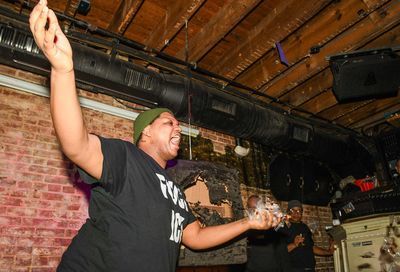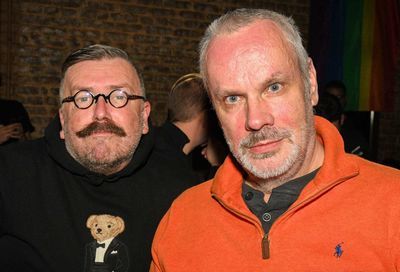Maryland Declared Safe Haven for Transgender Medical Care
Gov. Wes Moore signs historic executive order ensuring locals and out-of-state residents can access gender-affirming treatments.

Maryland Gov. Wes Moore has issued an executive order declaring the state a safe haven for transgender people seeking out gender-affirming health care.
The order, issued by Moore on June 6, during an Annapolis Pride celebration, aims to protect people who travel to Maryland seeking out gender-affirming care, which may be banned or restricted in their home states. It also bars state agencies from complying with out-of-state subpoenas requesting information based “solely” on whether an individual has sought out or provided others with gender-affirming treatments.
Gender-affirming care, according to the American Medical Association, is a term that encompasses various medical treatments and procedures that help transgender people align their physical appearance with their gender identity. This may include mental health counseling, puberty blockers, hormone therapy, surgery, and other services. Most mainstream medical and mental health organizations, including the American Medical Association, have declared that gender-affirming care is medically necessary and beneficial for transgender people’s health and well-being.
“In the State of Maryland, nobody should have to justify their own humanity,” Moore said in a statement. “This order is focused on ensuring Maryland is a safe place for gender-affirming care, especially as other states take misguided and hateful steps to make gender-affirming care cause for legal retribution.”
This executive order is a response to the recent wave of transphobic legislation that has swept across the country. Earlier this year, Moore signed the Trans Health Equity Act which requires Medicaid to cover the costs of gender-affirming treatments that have been deemed medically necessary. He also issued a proclamation recognizing March 31 as the International Transgender Day of Visibility. The state has previously also banned conversion therapy on minors and has laws expressly prohibiting discrimination based on gender identity and expression.
While 20 states have signed bans or restrictions on health care for transgender youth, states like Maryland are fighting back with these “shield” laws or executive orders. These are legal measures that aim to protect health care for transgender youth from interference or attacks by other states’ authorities.
With the addition of Maryland, 11 states, and the District of Columbia, now have “shield” directives in place protecting health care for transgender youth. The other states are: California, Colorado, Connecticut, Illinois, Massachusetts, Minnesota, New Jersey, New Mexico, Vermont, and Washington state.
The deluge of anti-LGBTQ laws being passed in various states has prompted the Human Rights Campaign, the nation’s largest LGBTQ advocacy group, to declare a state of emergency for LGBTQ people. According to HRC, more than 525 bills targeting the LGBTQ community, in whole or in part, have been introduced this year, with more than 70 being signed into law thus far.
Maryland state officials estimate that there are more than 94,000 transgender or nonbinary residents in the state — and as more Republican-led legislatures pass restrictions on health care, the number of people seeking trans-specific health care services is likely to grow exponentially.
Iya Dammons, the founder of Baltimore Safe Haven, an organization supporting transgender individuals, LGBTQ people of color, and people engaging in survival sex, told Baltimore NBC affiliate WBAL that the organization is already hearing from transgender people living elsewhere who are seeking to relocate to Maryland. The organization has programs that help transition clients into stable housing, employment, and ensure access to health care.
Renee Lau, an interim director of seniors housing and an HIV counselor at Baltimore Safe Haven, said the community understandably feels threatened by these restrictive laws in other states.
“They’re scared they’re going to lose their ability to get health care, because it not only targets the LGBTQ community, it also targets the individual on whether they can get the proper medication, the proper surgeries, or whether they can get the psychological counseling,” Lau said.
Support Metro Weekly’s Journalism
These are challenging times for news organizations. And yet it’s crucial we stay active and provide vital resources and information to both our local readers and the world. So won’t you please take a moment and consider supporting Metro Weekly with a membership? For as little as $5 a month, you can help ensure Metro Weekly magazine and MetroWeekly.com remain free, viable resources as we provide the best, most diverse, culturally-resonant LGBTQ coverage in both the D.C. region and around the world. Memberships come with exclusive perks and discounts, your own personal digital delivery of each week’s magazine (and an archive), access to our Member's Lounge when it launches this fall, and exclusive members-only items like Metro Weekly Membership Mugs and Tote Bags! Check out all our membership levels here and please join us today!



























You must be logged in to post a comment.